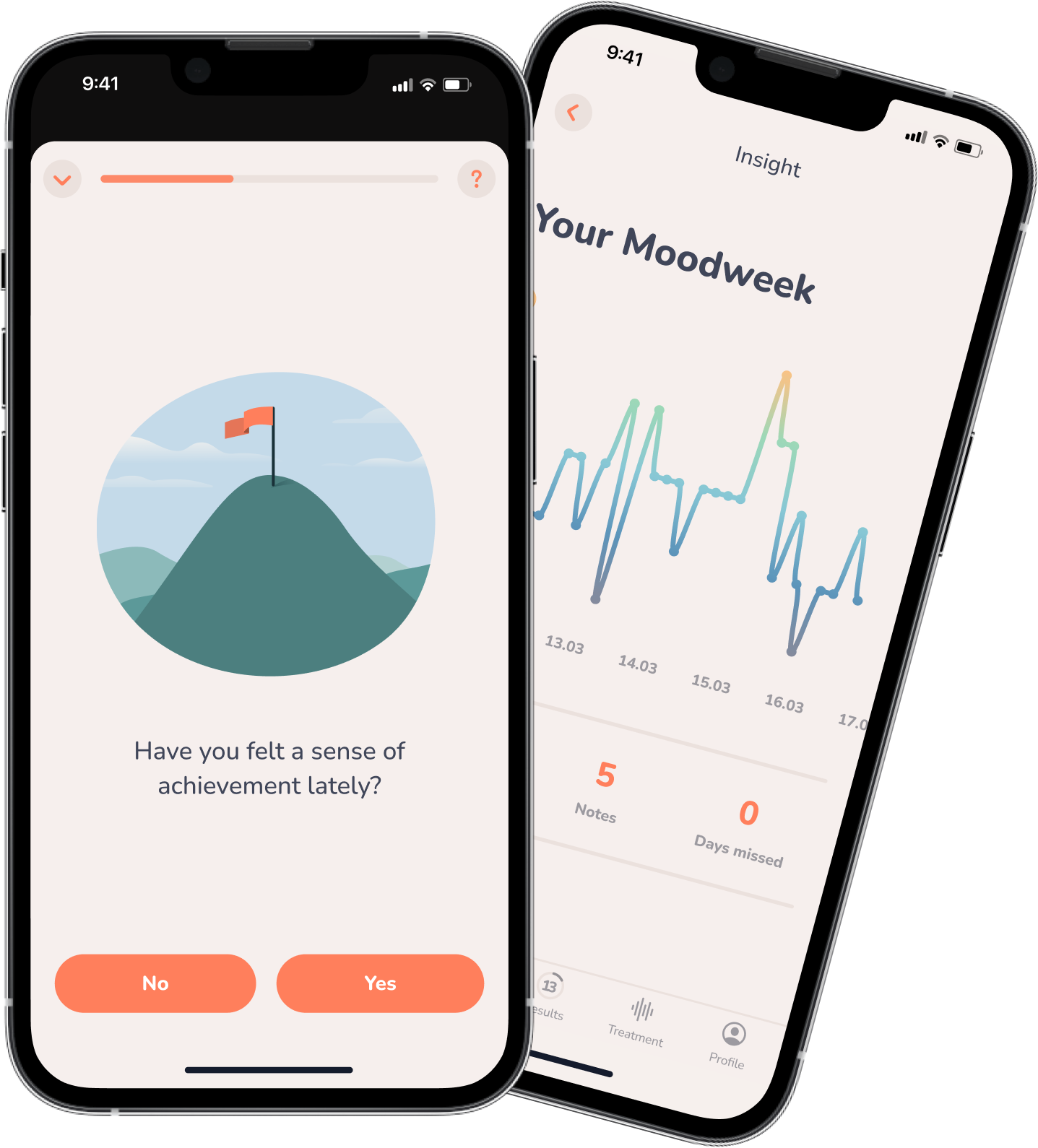Insight
What You Need to Know about Insomnia and Depression
Missing a good night’s sleep? Haven’t had good dreams in a long time? Then you probably feel like many other people suffering from sleep problems. This article gives you some insight into how sleep is connected to depression and what we can do to improve our sleep quality.
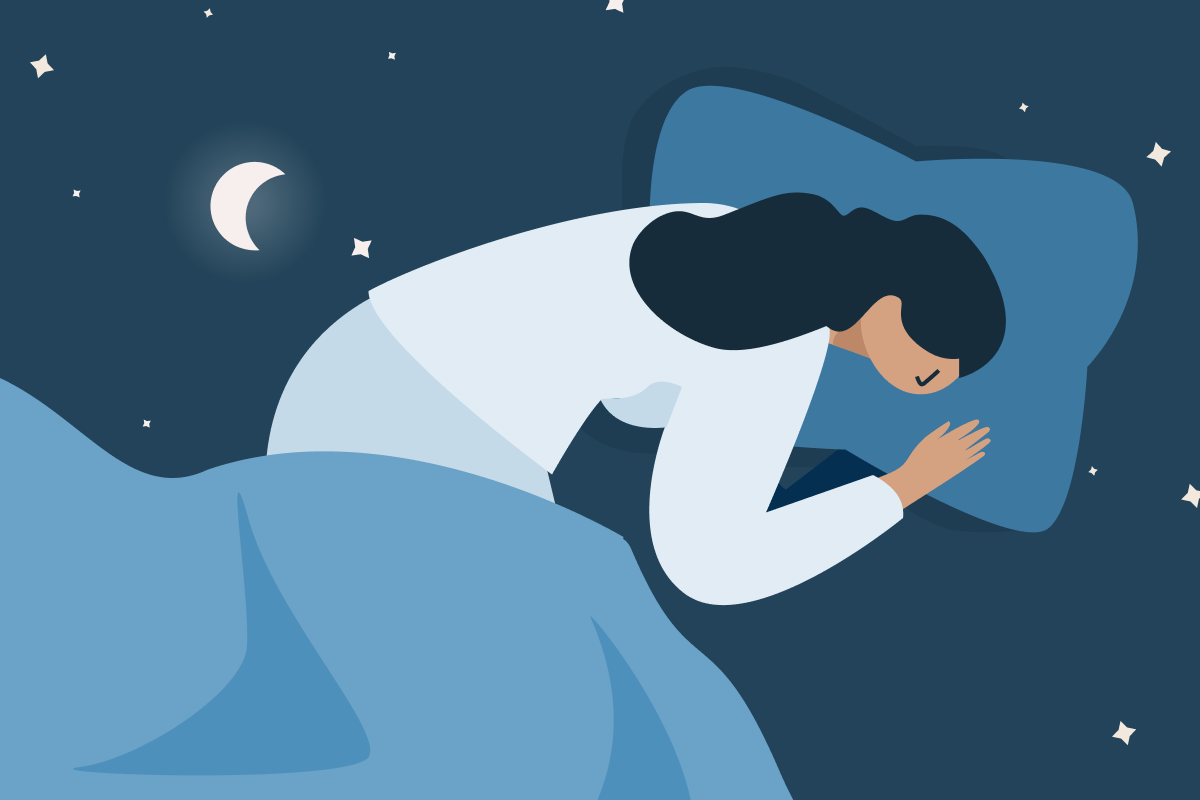
We all know what it feels like to wake up in the morning after a restless night, how hard it can be to get out of bed at times or to wake up too early but find it impossible to fall asleep again. If any of these are part of your everyday experience and you notice your mood being impacted, you might be at higher risk for developing depression. Impaired sleep can make us restless, have difficulty concentrating, or easily agitated. In the long run, sleep problems or insomnia can lead to serious health problems as a result of an impaired immune system or changes to hormonal functions and can contribute to obesity and heart disease.
In other words, we all need good sleep to function properly and stay healthy!
But What Does “Good Sleep” Actually Mean?
From a medical standpoint, it is easier to illustrate the other side: “bad sleep.” These are the most typical signs for sleep disturbances:
- Disturbed sleep phases
- Problems falling asleep or sleeping throughout the night
- Waking up early
- Feeling tired during the day
But what is “good sleep”? Like with almost everything in life: it means finding a balance! Not too short, not too long. Lack of sleep of sleep can lead to attention and memory problems, whereas sleeping too long can zap us of energy and drag us down. The possible effects of irregular sleep are varied and individually different. Research shows that 6 to 8 hours of sleep every day are ideal. However, every human being is different, and some people need more sleep than others.
Our sleep is characterised by different sleep phases— the light sleep, deep sleep, REM, and a waking phase. In the different stages, our brain processes the information that we have absorbed during the day, the body recovers, and many other important biological events take place during sleep. This can explain why somatic and psychological symptoms appear during disturbed sleep phases. The longer the sleep disorder persists, the clearer the symptoms can be.
“Good sleep” means that none of the phases are disturbed.
So How Can We Get to Deep Sleep?
Even though sleeping is one of our human needs, it might not be as easy for us as breathing or drinking water. If we have problems falling asleep, because our mind is full of thoughts, or we wake up again and again, it might be necessary to actively prepare for our good night’s sleep. Make it a ritual! Take your time to actively calm your mind and body down before you go to bed.
Here are 6 tips for your good-night ritual:
- Clean your thoughts: Writing things down that keep repeating in your head can create clarity! You can keep a little notebook or diary next to your bed and take 2 to 5 minutes to write down everything that comes to mind. Should the thoughts persist even then, remind yourself:: It is ok for me to stop these thoughts because they are recorded in my notebook and I cannot lose them.
- Sedate your senses: Lavender doesn’t only smell good, it can actually improve your sleep quality by soothing your senses. You can either use it as an essential oil, lotion, or add it to your bath water for a nice, relaxing bath in the evening.
- Calm your mind: Have you tried meditation or relaxation techniques before going to bed? They can also help if you feel depressed or lonely. Progressive muscle relaxation (PMR) is one of the most effective techniques to release tension in your body and mind. Just give it a try!
- Avoid stimulation: Try not to use your phone and don’t read any heavy literature immediately before going to bed. Anything that might stimulate your brain should be avoided to reduce neural activity and prepare for sleep. It is best to turn off your phone and keep it in another room, out of reach of your bed. Similarly, avoid using the TV shortly before going to sleep.
- Stay cool: Sinking body temperature initiates sleep. Make sure your bedroom has a cool and comfortable temperature (don’t freeze!). In hot summer nights taking a cold shower before you sleep can help your body relax and find the right temperature.
- No drugs: Alcohol and nicotine are definitely not helpful ways to get good sleep. While it is true that alcohol can help you fall asleep, evidence shows that it greatly reduces the overall sleep quality by inhibiting the REM sleep phase. So if you care about your health (which I’m sure you do), refrain from any kind of alcohol or drugs!
Should We Regulate Our Sleeping Time?
Our body likes regularity. If we don’t work in shifts or need to work at night, we should try and give our body a routine to help it avoid sleep problems. Try and go to bed around the same time every night and set an alarm every morning. Once the alarm rings, it is best to get up quickly rather than staying in bed. For instance, you could stretch or go for a short walk. It’s also best to avoid midday naps.
You might find it helpful to keep a sleep diary to record what you did before going to bed as well as how well and how long you slept. This might help you to find a rhythm as well as identify reasons you’re not sleeping well—perhaps you’ll even discover your secret ingredient to help you reach deep or REM sleep (it will probably not be caffeine!). If your sleep problems are affecting your mood and emotional health, you could also discover reasons you’re feeling sad or depressed at times.
And while sleep disorders can be a sign and risk factor for depression, they can also be the result of depression: Three quarters of people with depression also suffer from sleep problems. If you think you might be affected by clinical depression, our free app, MindDoc which functions as a personal mood journal, can help. You’ll also find resources and a course geared specifically to help you deal with insomnia and find strategies to try for better sleep.
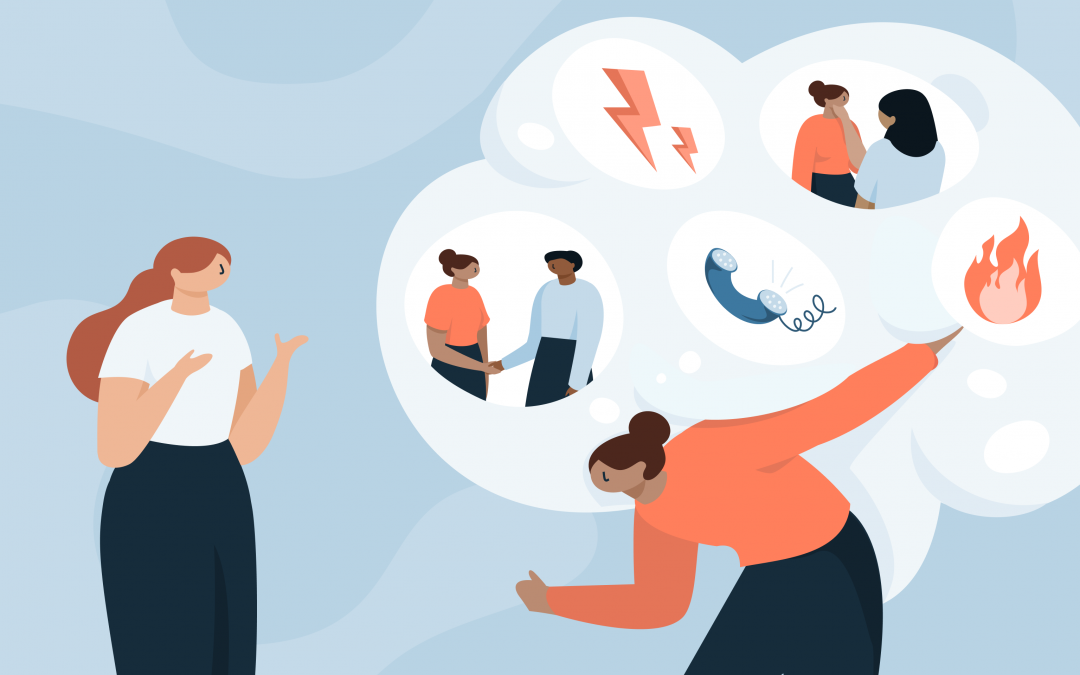
People-Pleasing — When the Fear of Rejection Becomes a Trap
Are you a person who places a high value on kindness, consideration and helpfulness? Or … maybe you tend toward what’s called “people-pleasing”?
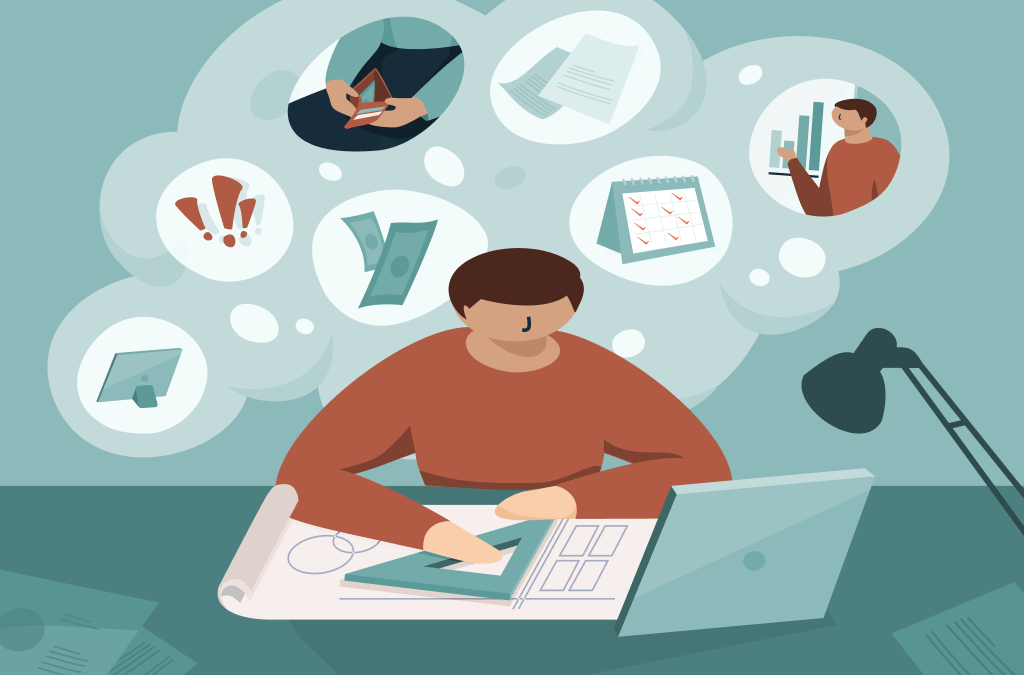
Psychological Needs in the Workplace: How to Meet Them
Deadlines, conflicts, pressure to perform—many people grapple with stressors at work. The extent to which these weigh on someone depends in large part on whether psychological needs are being met at work.
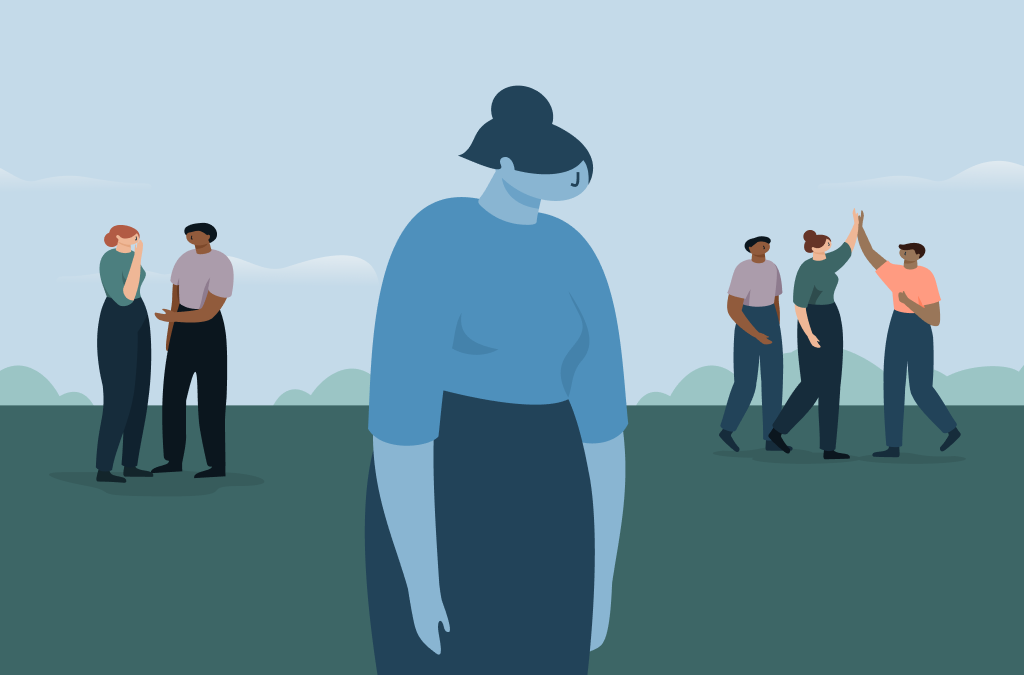
High-Functioning Depression: The Hidden Suffering
When people think of depression, usually intense sadness, low energy, social withdrawal, difficulty getting out of bed, and managing daily life come to mind. But this is not always the case.
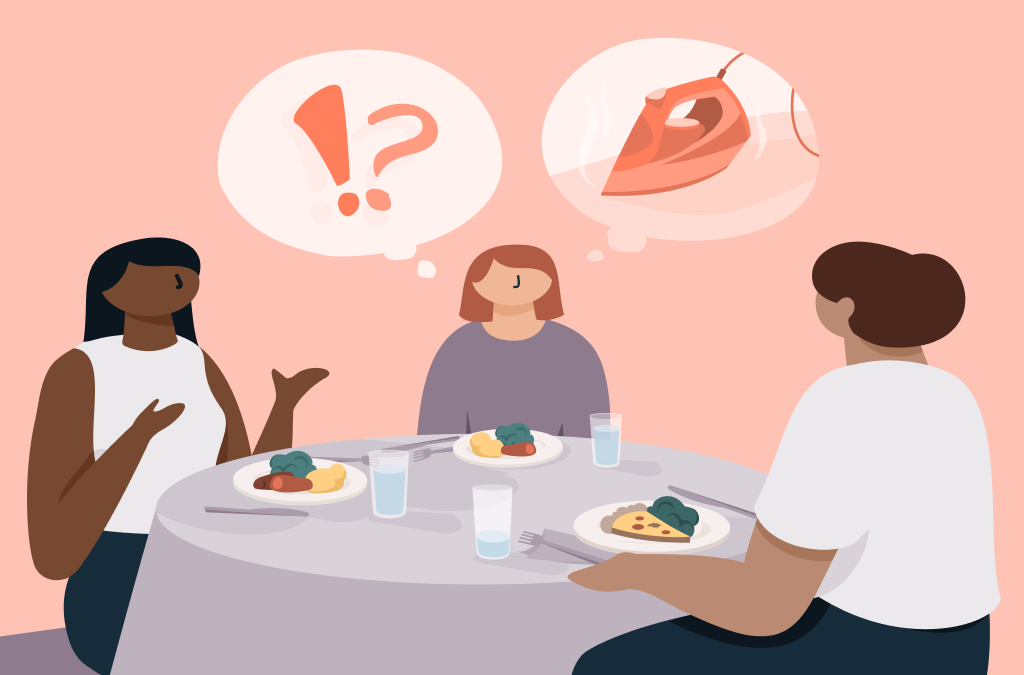
Obsessive-Compulsive Disorder: When Thoughts and Actions Become Torture
In this article, we explore what characterizes such thoughts and behaviors as well as how they can be treated.



